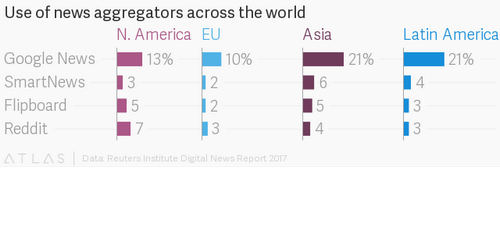In 2017, initial coin offerings (ICOs) became a landmark feature as they entered the mainstream. According to fintech analytics provider Autonomous NEXT, ICOs raised $4.2 billion in 2017, eclipsing the $225 million raised the previous year.
Even though ICOs have been around for years, they gained new heights of interest last year aided by celebrities such as Paris Hilton and Floyd Mayweather Jr. promoting ICOs.
With this rise in ICO funding, so too has there been an increase in advertising for this new form of fundraising. Yet, this has seen a rise in the number of companies who are simply out to scam people with too-good-to-be-true offers that are misleading.
It’s no wonder then that Facebook announced last month that it was banning cryptocurrency and ICO ads. At the time, Rob Leathern, Facebook’s Product Management Director, wrote in a blog post that the company had created a new policy:
“…that prohibits ads that promote financial products and services that are frequently associated with misleading or deceptive promotional practices, such as binary options, initial coin offerings and cryptocurrency.”
However, according to the CEO and founder of Algebraix, a mobile advertising platform that enables people to earn from their data, Facebook’s policy is ‘an example of how a large, dominant tech platform is disguising an anti-competitive move as a consumer protection device.’
Speaking to CoinJournal, Charlie Silver, the creator of Algebraix, said that Facebook had come under fire from many stakeholders for undermining privacy and the integrity of information on the site. He added that the company should improve protections around how they use and share data as well as improving safeguards around fraud or potential fraud.
“At the same time, it’s somewhat surprising that the largest, richest social network on the planet has to resort to a blunt instrument like a total ban on ads related to a specific space”, Silver said. “It suggests their ad-management technology is not as sophisticated as it might seem, among other things, which is hard to believe.”
With Algebraix’s platform consumers get to protect and commercialise one of their best resources – their data – by being in control of what information they share. By rebuilding the trust between advertisers and consumers, consumers are incentivised to provide advertisers with a better return on investment. Whereas, giants like Facebook and Google have been monetising and monopolising data for years, Algebraix is hoping to change that.
“Algebraix recognises that the existing digital advertising model is broken and takes advantage of consumers’ online behaviour”, said Silver. “Consumers and advertisers need a relationship that’s based on permissioned personal data, not interrupted attention.”
The connection between consumer and advertiser is achieved through a new interface for consumer attention, the ALX token. According to Silver, it’s a secure personal data vault that makes the blockchain simple and fun by using entertainment to connect consumers and advertisers in new ways.

Yet, even though Facebook has said that they will revisit the policy and its enforcement mechanisms as its signals improve, Silver believes that Facebook’s response is ‘fundamentally destructive.’
“We and many others would say that the exact job of a platform like Facebook is to help new communities and new tech evolve and grow – not to force it off the platform and keep it underground”, he said. “Facebook’s response is fundamentally destructive, in that sense – and antithetical to the mainstreaming and development of important ideas and tech.”
Instead, it would have been better for the social networking platform to build a consortium featuring developers, from legitimate and verified community participants, who could work to improve and police ads, Silver said.


